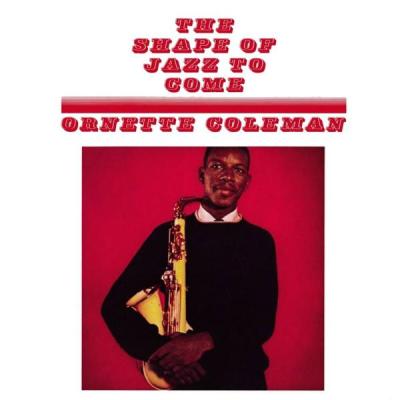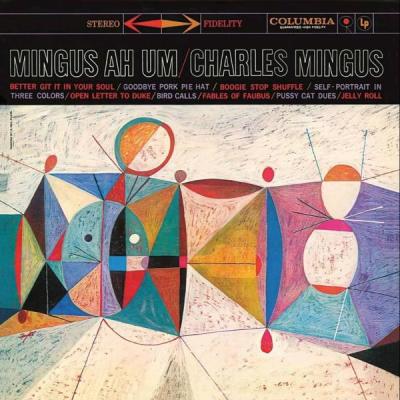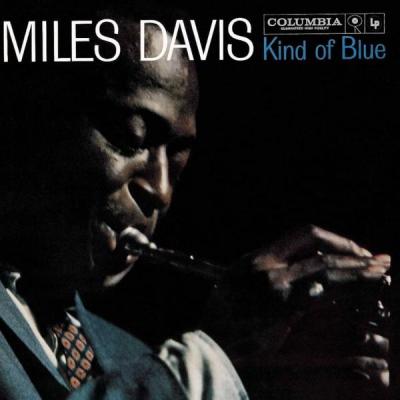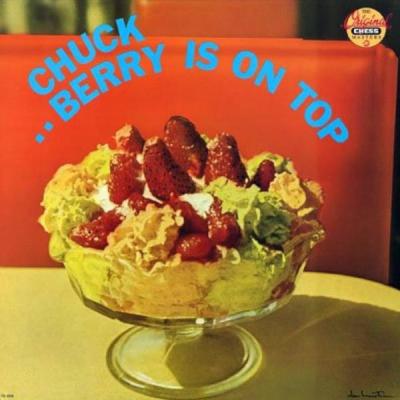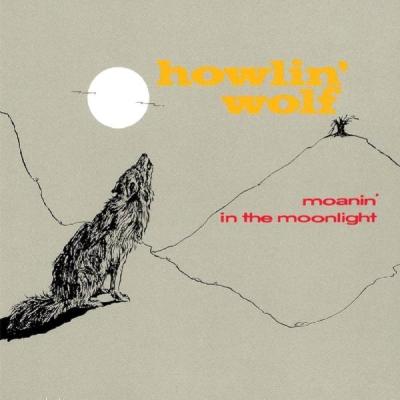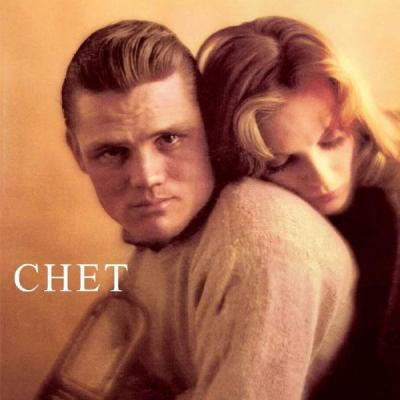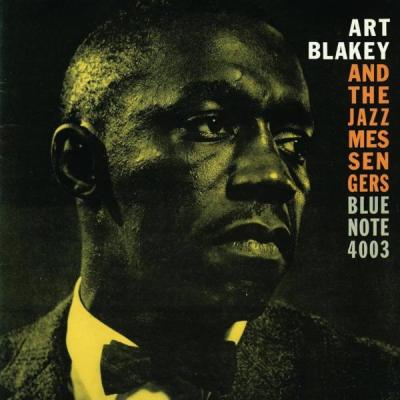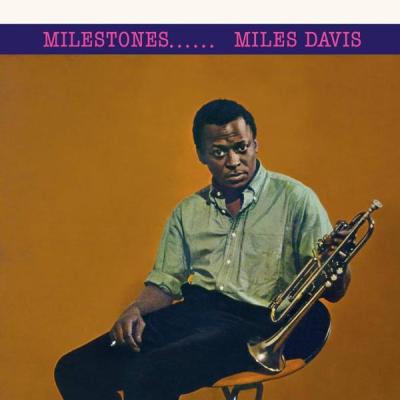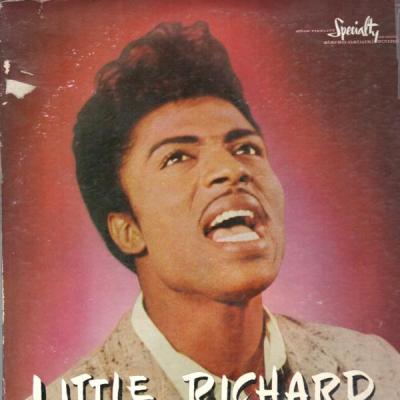

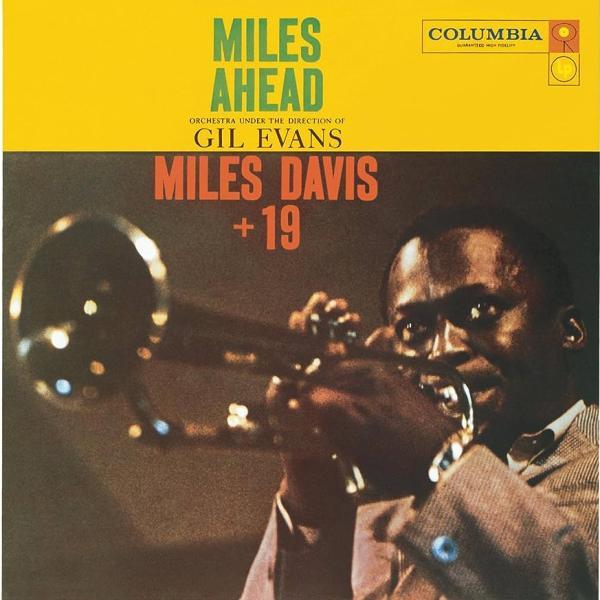
Miles Davis +19: Miles Ahead
Album #14 - October 1957
Episode date - August 16, 2023
If the 1949 sessions of Miles Davis, Gil Evans and others represented “The Birth of the Cool”, then this album should have been subtitled “The Adolescence of the Cool”. George Avakian and the other hotshots at Columbia Records were aware of Davis’ history, and they surely remembered well his ‘Baptism’ from those early sessions, when he first made a name for himself as a leader.
They knew of his diversity, which provides a perfect explanation for why they would consider splurging on a small orchestra as accompaniment for his second album with the label. The compositions of Gil Evans were a far stretch from the hard bop jazz that dominated this period, so the move could have been a bit risky, but Davis was moving so fast in 1957 that he made Sonny Rollins look like a slacker. Davis had fourteen (!!) albums released under his name in 1956-57 (including a “Birth of the Cool” compilation), so it was rather obvious that he was a hot commodity, with numerous labels (Prestige, Capitol, Blue Note) all soaking up every last recorded note of Davis that they had in their catalogue for release. Lucky for Columbia, they had rights to all the new material, and perhaps as an assumed sure bet, they recognized the commercial potential of revisiting the Davis/Evans pairing as a ‘highbrow’ version of contemporary jazz.
One of the most fascinating aspects of the “Birth of the Cool” sessions was the ease with which it absorbed the Western Classical aesthetic. While big bands such as Duke Ellington’s orchestra used a large group of musicians to play counterpoint against one another, the ‘cool’ group would employ unified harmony as their means of construction. The call and response and hard swing beat of big bands were completely turned on its head, with the ‘cool’ group mellowing tempos and mostly playing lines in unison from charts. Almost all of this was the invention of Gil Evans. Evans may have been lucky to some extent to live only a few blocks from the 52nd Street jazz scene, but his talent for composition proved to be the factor that made his proximity a simple matter of convenience. Musicians would flock to his apartment for respite and an exchange of ideas, which empowered him with the ability to form a unique community around the tight-knit scene in his apartment, with Davis, Lee Konitz, John Lewis, and Gerry Mulligan at the forefront of the collective. Through attrition and sheer will, Davis became the focal point of the nonet. The public influence of the ‘cool’ movement was meager, but the influence on jazz was shapeshifting. In the hands of this team, Claude Debussy and Maurice Ravel were suddenly thrust upon the jazz world as source material for structural ideas, although hardly anyone else followed.
“Miles Ahead” took that presumably abandoned playbook and brought it into the next decade. By now, it had earned its own sub-genre, with critics calling the style “third stream” as a means of identifying this unique blend of impressionistic classical and contemporary jazz music. Jazz fans might still scratch their heads when listening to “Miles Ahead”, trying to determine how it fits into the scheme of the things, but the brilliance of the album is how it manages to not fit into anything else at all. Evans is, to say the least, an extraordinarily idiosyncratic composer, but it is not his melodies that bring you back to “Miles Ahead”. The real draw is hearing the clear, mellow, contained, and tempered tone of Davis’ flugelhorn as it rises above the small orchestra that supports him on these unusual compositions. Even the pacing is strange. Songs end abruptly and segue quickly – awkwardly, even - into the next track, but it informs the entirety as one long, extended piece with rhythmic shifts. “Miles Ahead” proved that originality demanded respect and reaped rewards. From an artistic perspective, diversity, individuality, and influence was no small matter. Most certainly, the ‘cool’ had grown up.
Featured tracks:
Springsville
The Maids of Cadiz
The Duke
My Ship
Miles Ahead
Blues for Pablo
New Rhumba
Medley Pt. 1: The Meaning of Blues
Medley Pt. 2: Lament
I Don't Wanna Be Kissed (By Anyone But You)
October 1957 – Billboard Did Not Chart
Related Shows


